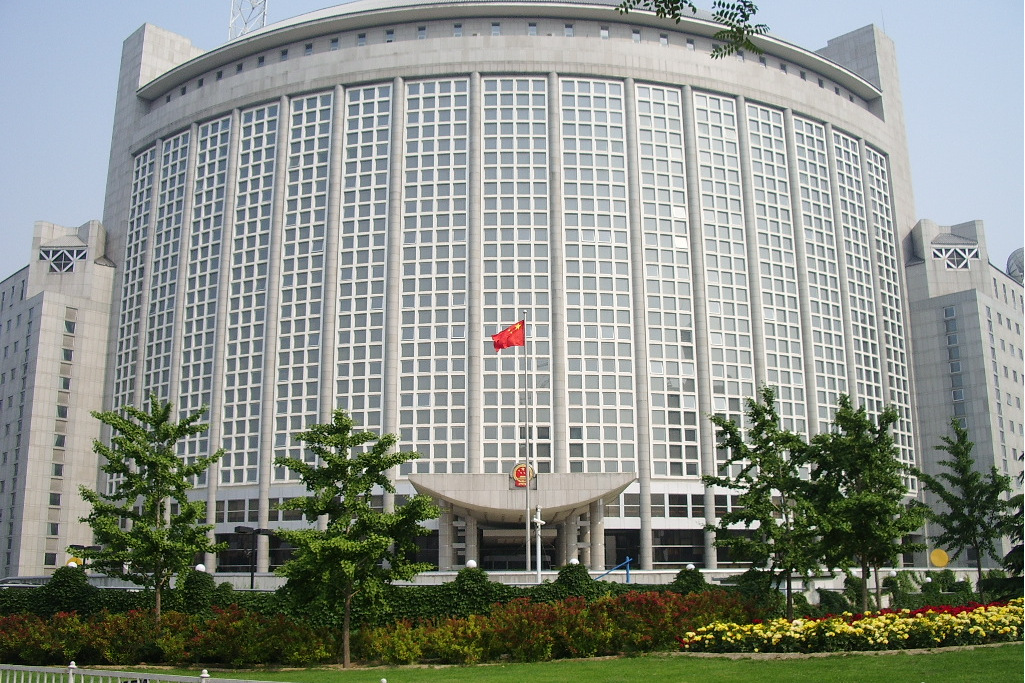
The “Interim Measures for the Administration of Generative Artificial Intelligence Services” (生成式人工智能服务管理暂行办法, hereinafter the “Measures”)newly issued by the Chinese government came into effect from 15 Aug. 2023.
Seven departments, including the Cyberspace Administration of China, jointly formulated the Measures. The Chinese government believes that Artificial Intelligence Generated Content (AIGC) has raised concerns about the dissemination of false information, infringement of personal data rights and interests, data security, and bias and discrimination,and therefore needs to be regulated.
The highlights of the Measures are as follows.
- The Measures shall apply to the use of AIGC to provide services that generate texts, images, audio and video, and other content for the public within China.
- The Chinese government will issue separate regulations on the use of AIGC for press and publication, film and television production, literary and artistic creation, and other activities.
- AIGC service providers shall use data and underlying models from legitimate sources when conducting training-data processing activities such as pre-training and optimized training.
- Where AIGC service providers discover illegal content, they shall promptly take disposal measures such as stopping generation, stopping transmission, or removing the illegal content, rectify through measures such as model-based optimization training, and report to the relevant competent authorities.
- Where the provision of AIGC from outside China to the domestic market does not comply with Chinese laws, the Chinese regulatory authorities shall notify relevant institutions to take technical measures and other necessary measures to deal with it.
Photo by Yilin Liu on Unsplash
Contributors: CJO Staff Contributors Team









